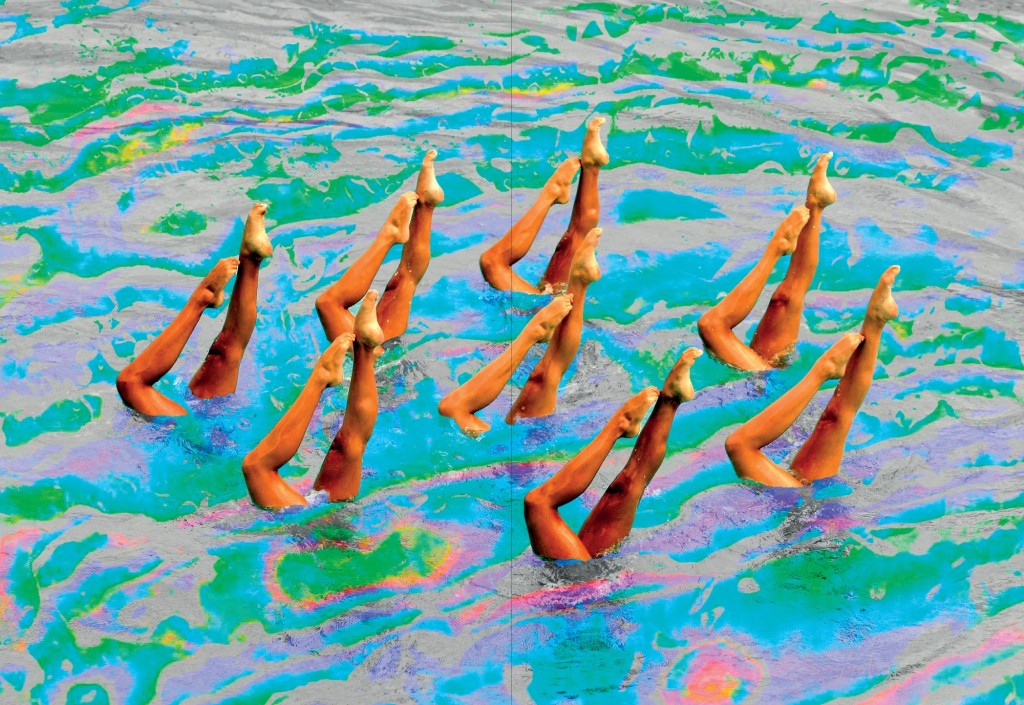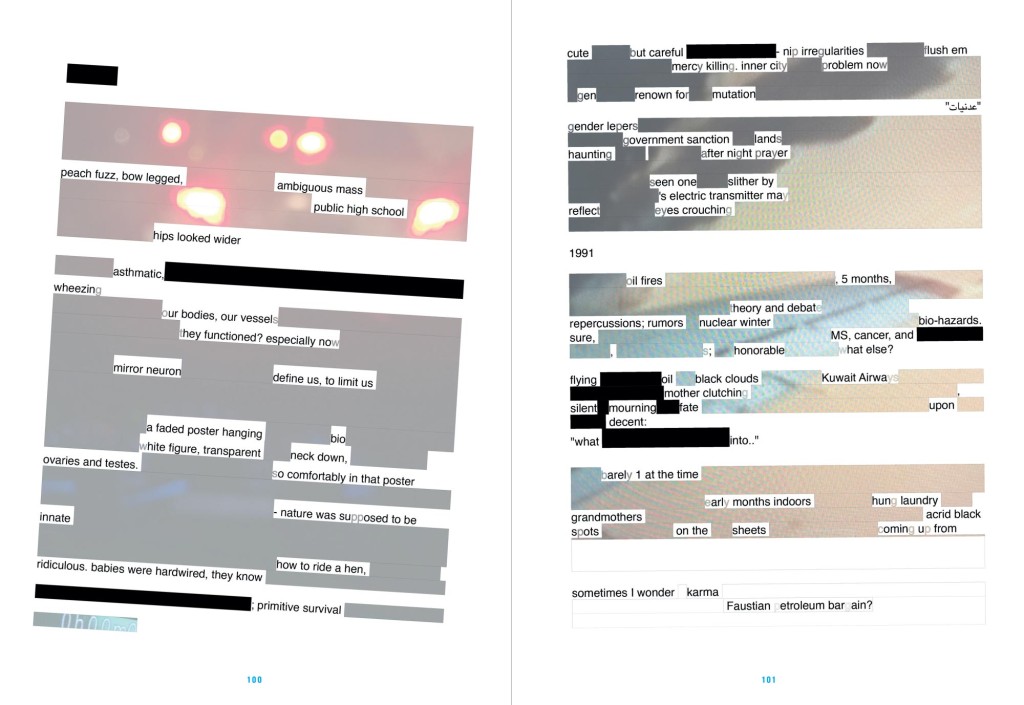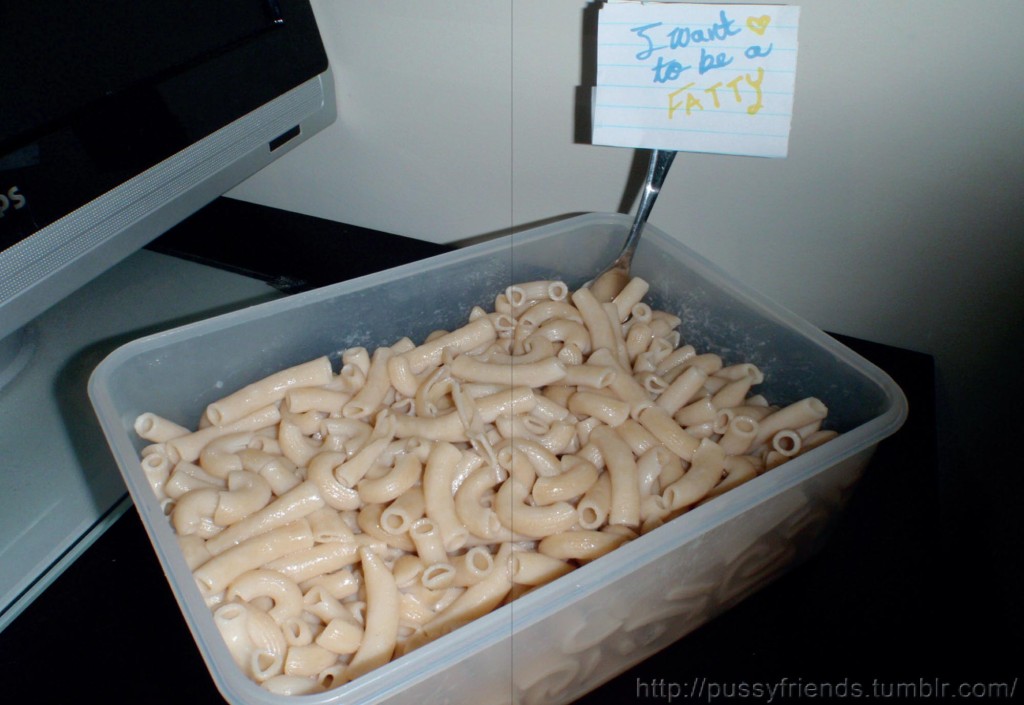My candle in this bar died as soon as I sat down. ‘Fossil candle’, I thought. I would like to think about this in terms of something important but maybe it just died. For a few weeks I have been thinking deeply about Sophia Al-Maria’s new publication, ‘Fresh Hell’, the eighth in the series Happy Hypocrite, which is published by Book Works and curated by Maria Fusco, who introduces each issue. Al-Maria has collected an archive –”shrapnel”, as Fusco refers to it –of old posters, a Tumblr account, essays, unexplained images, stories, biographical accounts by the likes McKenzie Wark, Stephanie Bailey and Abdullah Al-Mutairi. It feels as though Al-Maria has been finding and collecting these things for a long time; archiving them without necessarily thinking about their place and role in ‘Fresh Hell’. They are comparable to a series of browser tabs that at one point were each separately open for a long time. They exist together in one place as though she has remembered them all now; trying at least.

The success of ‘Fresh Hell’ is that it imparts this to the reader. There is something really large between each smaller part and it’s kind of invisible and slightly incomprehensible. Not that whatever it is is being only tentatively and not directly explained enough to the reader to be understood. It’s that this book is mostly about oil, and oil is in everything, inherently. And so many things are (in) oil. To be more precise, so many things that were, are now in oil and we don’t know about them.
Another large part of this publication is about paying attention. Somehow I think Al-Maria is wondering if reading any of these elements or moments or things can hold our attention like they did hers. There is a short selection of images from one tumblr account: http://pussyfriends.tumblr.com by Lena Tutunjian. The link and author’s name are written in large turquoise font before the images start. There is only one tumblr account in ‘Fresh Hell’. The images are memorable now. There is no white border around them and each one takes up an entire page. It reminds me of the subtitle “invisible pages over” of one of Max Richter’s Sleep tracks. A series of short stories by Monira Al Qadiri describe the attention and weight pearls held in the traditional diving industry in Kuwait. The pearl was like an anchor. It was the ‘master’ and the divers and the Nahham maintained beats to the songs they sung all around it. Now the raw material to mine for around the Persian Gulf is oil, and we know less of the individual fossils that go to make it, we know less of the longevity of each single unit mined.

Alex Borkowski’s story ‘Vital Plastics’ presents in minute detail a person acting out her desire to become a totally interior and closed being. She practises, for most of the story, delicately inhaling small points on the surface of a plastic bag, forming inverse blue bubbles that she can caress with her tongue. It’s like she wants to know the structure of her inside more clearly. She makes a dance between her lungs and the blue: in out, one two, back and forth like partners dancing, “except one of the partners remained invisible inside her”, as the story reminds and settles in the reader. It makes me think of being glad but also sad to know about the small 50 million year-old equine Eohippus heart that Fusco tells us –recounting Peter Anderson’s 2008 novella Machine –was used in one 1975 refill of a Ford engine in Texas. It’s like a drop in the fucking ocean, but I’m glad to know about the fossil heart. It will stay inside me forever.
There seems to be a delicate balance between illuminating or highlighting something with trance-like focus, and having too much light that you can not see; too much light that you overview or ‘flounder’. The latter is a word that Al-Maria brings up with William Gibson whom she interviews about trying to catch the present tense of ‘now’. She describes walking down Buchanan Street in Glasgow, going past a repeat pattern of Topshop, Starbucks, Lush. They are like a chorus or maybe the moment in a fruit machine where all the lights come on and you hit the jackpot, which is the title of the Al-Maria and Gibson’s interview.

The most intricate piece is ‘Key Word Searches for Dust’ by Malak Helmy who writes pages of text and image sequences that flow down the page like someone floating diagonally downstream in a river. The images are small either with small –often singular –items floating in them (like airplanes) or misty and blurred like someone is running. Either way they function to punctuate the text somehow. Fragments of a bigger story talk of tracking someone with ‘black light’ because they are so illuminated in fireflies: “they tracked me and saw the holes where things were missing”. Another fragment talks about a ‘light beat’ between two cars on the highway, as though they were “lovers or predators”, until the darkness “falls out” of the sequence completely. If a scene is the same thing as a photograph, then this photograph would be completely awash with white light; image floundering. **
‘Fresh Hell’, Issue 8 of Happy Hypocrite, edited by Sophia Al-Maria, was published by Book Works in 2015. A launch event is on at Lewisham Art House, January 27, 2016.
Header image: Happy Hypocrite ‘Fresh Hell’ Issue 8 (2015), ed. Sophia Al-Maria. Courtesy Book Works, London.













